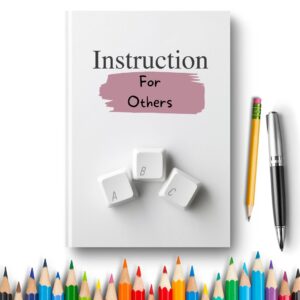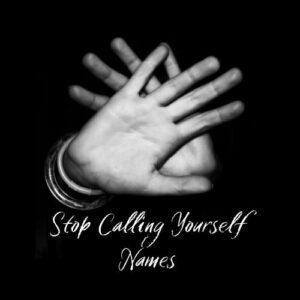If you read the last blog, you know the difference between a belief and a thought. But even if you didn’t, it’s good to learn about the three beliefs that make everything worse. I refer to it as the Trifecta of Emotional Misery.
1.) I’m not good enough
2.) Something is wrong
3.) Things should be different than they are.
To review, beliefs are not necessarily conscious and are believed unquestioningly. Without seeing the light of awareness, some beliefs can be doing lots of emotional damage behind the scenes. Today we’re talking about three particularly harmful ones.
I’m not good enough. This is one that goes way back. It often emerges from having been exposed to overwhelming emotions early on in life as a result situations we could not understand, control or change. Our brain is not fully developed until our early 20s so there are times growing up when we may experience intense emotions our brain is not equipped to handle. One strategy the brain will employ under these conditions is to make up the idea that whatever is happening must be our fault. In other words, our child selves decide that the reason something bad is happening is because we’re not good enough and if we could just figure out how to be better, things would get better. This primal narrative actually mitigates emotional pain by creating the illusion of control and hope for repair (ie. If I broke it, I can fix it). Unfortunately, what serves as a protective coping strategy in childhood backfires in adulthood. As we mature, this belief can become automated as a default response to emotional pain long after we have the capacity to respond to our pain in more constructive ways.
Something Is Wrong. This is a common belief borne out of learning negative emotion is something to be hidden, avoided or resisted. No one gets a class in how to manage our negative emotions; mostly we just do the best we can with the resources we have. As such, many of us don’t know what to do with our negative feelings and we learn to interpret them as a problem that needs immediate fixing. If you look closely, you’ll notice that half of life is some version of less than pleasant; from a mild undercurrent of dissatisfaction to intense emotional pain. And if we believe it’s a problem, we’re spending a lot of time caught in the current of believing something is wrong. One way to find new ground is to consider that just because we’re feeling something uncomfortable doesn’t mean something is wrong; sometimes discomfort can actually signal growth.
Things Should Be Different Than They Are. This belief usually comes from having a high moral standard and seeing the importance of justice, nobility, decency and fairness.This is not necessarily a belief one would want to change. It reflects the best intentions and desires of our species. However, there’s a price to pay to hold onto this belief because it’s based on a fundamental argument with what is and a position of being “morally superior to reality,” as Eckhart Tolle says. This resistance to how things already are sets us up for feelings of hopelessness, helplessness, frustration and despair among other painful emotions. Having the awareness of the cost of this belief allows us to make a conscious decision, which in an of itself facilitates empowerment.
Let’s say you want to change one or more of these beliefs. Here are three steps to moving things in that direction.
Awareness. The first step to changing this cognitive habit is to become aware; to become conscious of when it’s running the show and notice its effect and the results it creates. If you want to change the belief, a conscious decision to do so much lead the charge.
Willingness To Be Wrong. The second step is to be willing to be wrong about the belief. You have to be willing to consider that you’ve been wrong about yourself in this way for a very long time. This is very uncomfortable business and sometimes we will hit the brakes and shift into reverse. This is understandable and common.
Investigation. If you’re willing to be wrong about what you’ve believed, this third step is to begin actively investigating the validity of the belief and start observing the evidence for its flimsy foundation. This is where Cognitive Behavioral Therapy can be especially helpful by introducing methods that help identify Cognitive Distortions and give you ammo to dismantle beliefs you no longer want to be running the show. This process paves the way for new beliefs which lay the groundwork to take your emotional health and growth to new level.



